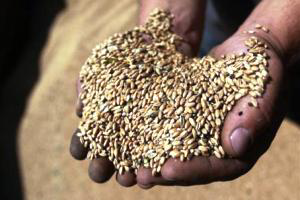Revised EU legislation for medicated feed published

The European Commission in Brussels has published its proposed package for revised legislation for veterinary medicines and medicated feed.
The National Office of Animal Health (NOAH) welcomes its publication. It fully supports the Commission’s aim of improving the availability of veterinary medicines throughout Europe.
NOAH chief executive Phil Sketchley said: “NOAH will be looking at the detail of the texts in the coming days and weeks, and reviewing their potential impact. We look forward to working with the VMD, who have called stakeholder workshops to examine the texts.
We will also be supporting our European federation IFAH-Europe as they work determinedly with the European institutions over the coming years to support the Commission’s vision for a more efficient regulatory system for veterinary medicines in Europe.
“We believe the value our industry brings to society is very high, despite being quite a small sector. For example, veterinary medicines benefit public health by preventing zoonotic disease and supporting food security.
“With synergies with our own UK Government’s commitment to reduce unnecessary red tape, which is a key theme for DEFRA, the animal health industry in Europe needs greater efficiency to cut the red tape for our industry. We look forward to a streamlined registration process which delivers a single European marketing authorisation for all veterinary medicines,” he added.
“We will also be considering if the text has any particular implications for the UK animal health market and access to medicines for our animals.”
NOAH also welcomes the revised medicated feed legislation. “NOAH believes this is an important route for administering prescription medicines to animals. We will work to help ensure the legislation is capable of maintaining and strengthening this route,” Phil Sketchley said.
Currently, the manufacturers of veterinary medicines struggle with a regulatory system with some serious flaws:
• A highly segmented internal market and regulatory framework characterised by high product development and licence maintenance costs, limiting availability particularly in smaller markets and for minor species.
• Insufficient protection of intellectual property which stifles investment in innovation.
• A disproportionately high administrative burden which diverts funds and expertise away from new product development and risks depriving animals of modern medicines and treatment options.













